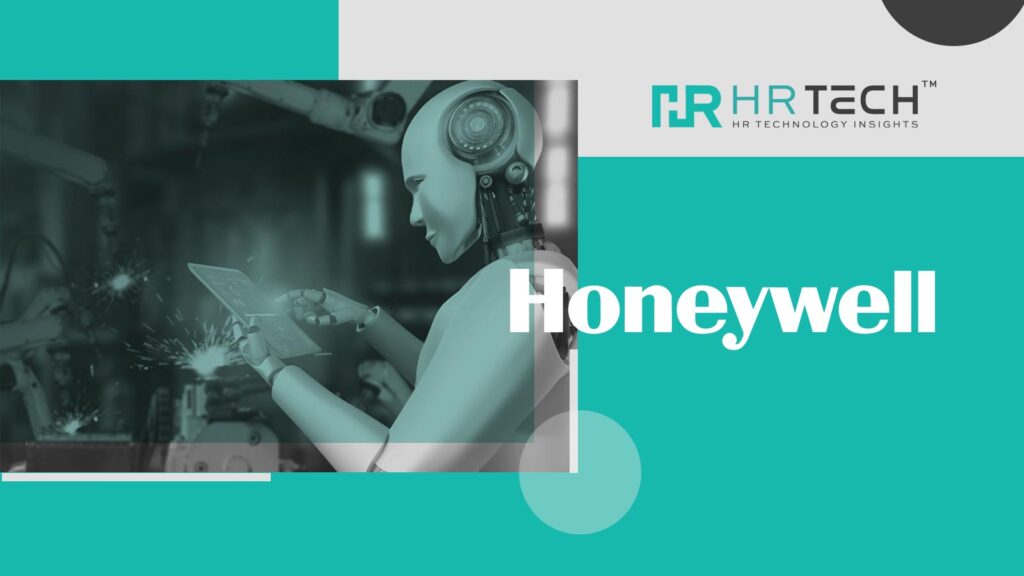Industrial AI Talent in India Poised for Explosive Growth: Honeywell Study Reveals Optimism and Challenges

India is emerging as a fast-growing AI talent destination for SaaS and IT companies. Global IT organizations heavily outsourced projects and recruitment to India and other Southeast Asian nations for many years due to economic factors. But, now AI talent in India is a force to reckon with, and AI companies are willing to pay higher salaries to skilled candidates with expertise in different technology domains. A recent study by Honeywell paints a vivid picture of the booming demand for artificial intelligence (AI) expertise in India. The Honeywell Industrial AI Insights global research study [1] reveals a staggering statistic: 88% of Indian companies are prepared to offer higher salaries to attract skilled AI engineers. This aggressive recruitment strategy reflects the rapid acceleration of industrial AI adoption in the country.
The global landscape for AI implementation is also undergoing a significant shift. Leading AI software and service providers are correcting talent acquisition and retention practices in 2024. For example, in less than a week after raising $500 million, Canadian AI company Cohere announced it is laying off 5% of its current workforce. Reason? To build Cohere into a future-ready “industry-leading talent” powerhouse in the AI industry. Cohere closely competes with OpenAI, Meta, and other key AI software makers.
HRTech News: Advancing Diversity and Inclusion: The Role of Advanced HR Tools
India Leads the Charge in AI Adoption
The study, based on a survey of 1,600 AI leaders across 12 global markets, reveals India as a frontrunner in AI implementation.
Nearly 29% of Indian companies have already fully launched their AI strategies, demonstrating a proactive approach to leveraging this technology. This enthusiasm is further evidenced by the 88% of Indian enterprises willing to offer premium salaries to attract top AI talent, highlighting the fierce competition for skilled professionals in this burgeoning field.
AI talent acquisition by paying them higher salaries points to the quiet discussions happening in the tech industry. Most tech workers are considering a job change due to compensation stagnation. Rapid inflation and rising cost of living are outpacing the salary growth trends in major tech hubs such as the US, Canada, and China.
HRTechnology Insights: Gamification in HR: Engaging Employees Through Innovative Tech Solutions
While the Honeywell study finds that only 17% of AI decision-makers worldwide have fully realized their initial AI plans, a much larger cohort – a substantial 94% – are actively planning to expand their use of AI. This widespread commitment to AI expansion suggests a wave of discovery is underway, with companies across various sectors, including manufacturing and agriculture, identifying novel applications for this transformative technology. It’s somewhat harder to match the expectations of the employees, such as paying a compatible salary to the existing tech workers in the US and Canada. Moreover, tech workers demand remote work and flexible hours for on-site projects. By those standards, India’s AI talent pool is a suitable recruitment pool.
AI: A Boon for Efficiency, Productivity, and Decision-Making
The benefits of AI go beyond talent acquisition. A resounding 79% of respondents identified improved efficiency, productivity, and access to valuable data for better decision-making as the most promising advantages of AI implementation. This translates into tangible gains for companies, optimizing operations and empowering leaders with data-driven insights.
Beyond Efficiency: AI’s Impact on the Workforce
The study delves deeper, showcasing how AI adoption positively impacts the human element within industrial settings. Nearly half (49%) of respondents anticipate increased job flexibility, while 45% foresee greater job satisfaction with innovative AI integrations at the workplace. This shift signifies a move towards a more collaborative work environment, where AI becomes a valuable “co-pilot” alongside human expertise.
Lucian Boldea, President and CEO of Honeywell Industrial Automation, emphasizes this crucial role: “AI training and AI as a ‘co-pilot’ are crucial for enhancing the skills of less experienced technicians, ultimately improving plant operations and safety”.
AI empowers the next generation of industrial workers to replace retiring baby boomers. The next five years will affirm AI’s position as a credible and trustworthy workforce to augment outgoing talent.
Challenges and the Road Ahead
Despite the optimistic outlook, the report acknowledges hurdles to complete AI adoption. 37% of C-suite executives still require a more comprehensive understanding of AI capabilities, highlighting the need for continued education and awareness. Additionally, 48% of respondents cite the need for additional resources as an ongoing challenge.
However, as AI demonstrably enhances productivity, safety, and overall operational efficiency, its widespread adoption seems inevitable. By addressing the identified challenges and capitalizing on the immense growth potential, the industrial sector can harness the power of AI to usher in a new era of innovation and success.
Source:
- [1] Honeywell. Industrial AI Insights: Key Findings from Honeywell. http://www.honeywell.com/us/en/ai/research (accessed July 25, 2024)
To share your HR technology insights and announcements, please write to us at news@intentamplify.com



